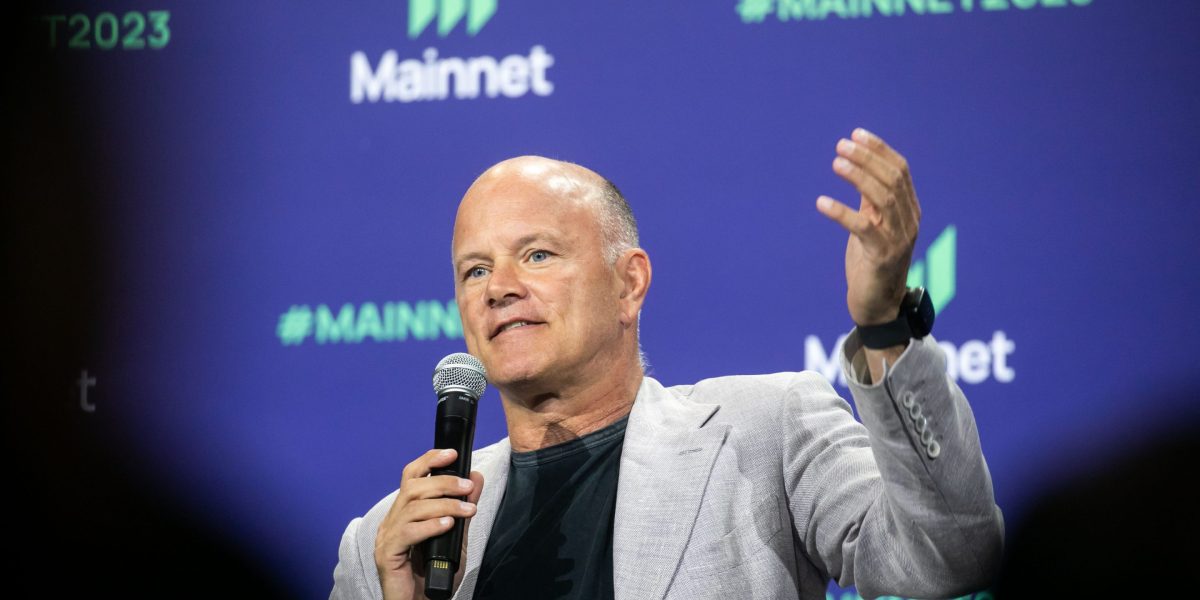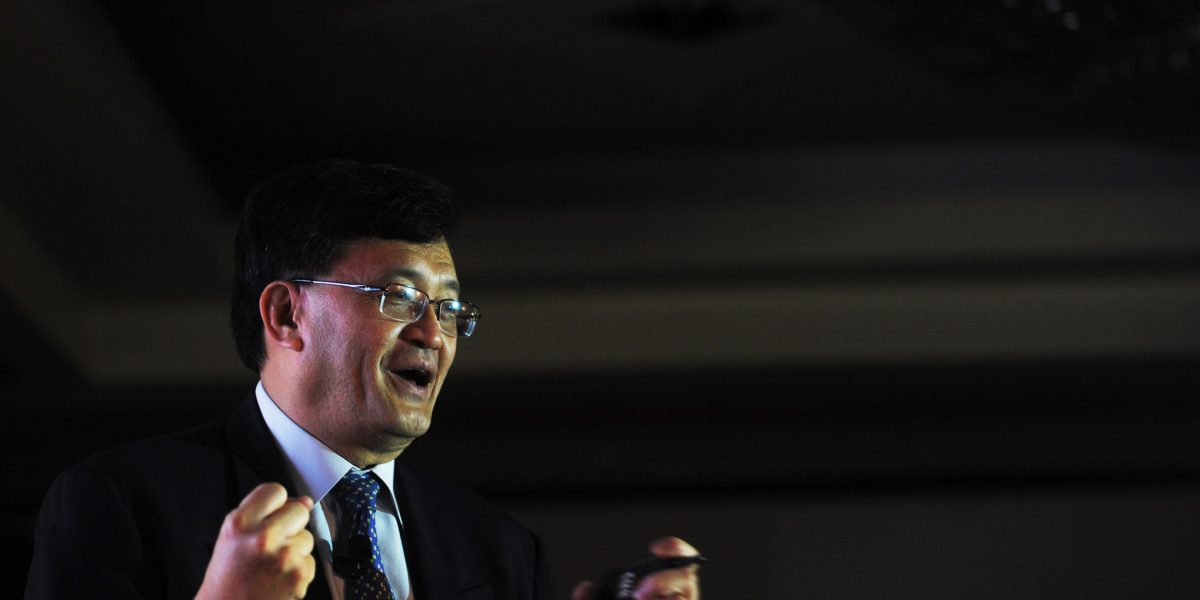- Paradigm CEO Matt Huang feels like he’s “running the X-Men Academy”. While other leaders complain about their Gen Z new hires, the $12 billion crypto company chief is going against the grain and promoting them into the C-suite.
It’s no secret that Gen Z often gets flak for showing up late to work, ghosting job interviews, refusing to do put in any overtime for free, and demanding senior titles and work-life balance before they’ve really earned it.
Some bosses are fed up—firing fresh-faced Gen Z grads just months in and branding the whole cohort “unprofessional.”
Even Gen Z workers have described themselves as the hardest generation to work with.
“They create an absurd amount of chaos sometimes and you want to pull your hair out,” echoes Matt Huang, the cofounder of the $12 billion crypto investment firm Paradigm.
“But then you see what they can do and it’s like, holy crap,” he told Colossus Review. “Nobody else in the world could do that.”
Case in point: Paradigm’s first hire, Charlie Noyes, was a 19-year-old MIT dropout who walked into his first 10 a.m. meeting five hours late. Fast forward to today, and Noyes is a general partner at the crypto company at just 25.
In 2020, Noyes was the one who saw MEV as a critical blockchain issue, leading Paradigm to become the lead investor in Flashbots—a company whose infrastructure now touches nearly every transaction on Ethereum and has established key market rules in the $450 billion ecosystem.
And Noyes isn’t the only bright young mind making waves at Paradigm.
Georgios Konstantopoulos, the firm’s CTO, joined the company just two years after graduating college in 2018 and has since become one of crypto’s most prolific engineers. Then there’s the developer known only by his Discord handle, transmissions11, whom Paradigm reportedly found while he was still in high school.
“Sometimes I feel like I’m running the X-Men Academy,” Huang jokes, referencing the eccentric minds on his team—young mutants whose exceptional skills make all the chaos worth it.
Fortune has reached out to Huang for comment.
Gen Z may be hard to work with—but they’re vital
Like most generations did before them—millennials will remember being labeled work-shy snowflakes before climbing the corporate ranks into management—Gen Zers have gained a reputation for being difficult to work with.
A survey of more than 960 employers from Intelligent revealed that one in six companies were hesitant to hire a Gen Z worker.
But the same research that describes the youngest generation of workers as the hardest to work with, also notes that much is to be learned from them—and that perhaps the corporate world is long overdue a shakeup.
“They bring a unique blend of talent and bold ideas that can rejuvenate any workforce,” wrote Geoffrey Scott, senior hiring manager at Resume Genius. “Gen Zers might have a bad rep, but they have the power to transform workplaces for the better.”
Because if companies don’t adapt, they risk getting left behind.
Tobba Vigfusdottir, a psychologist and the CEO of Kara Connect, a workplace well-being platform, recently told Fortune that employers need to bend to Gen Z’s desires (read: flexible work policies, sustainability pledges and purpose-driven work) if they want to stay competitive after the baby boomers retire.
“Companies really need to wake up and smell the coffee,” Vigfusdottir warned. “The companies that will survive are listening and letting them in, because they’re changing things.”
Will.i.am and Josh Kushner are betting on Gen Z too
Huang’s not the only future-thinking leader betting on the disruptive energy of Gen Z. The multimillionaire rapper and songwriter Will.i.am and Thrive Capital’s founder Josh Kushner are betting on the bright young minds of tomorrow too.
In fact, Kushner previously told Fortune he specifically likes to hire people with less than 4 years of industry experience.
When he launched the venture capital firm at just 26, he faced pressure to bring in older, more seasoned hires. But, as he put it, “anyone who has experience that is talented will never want to work with a 26-year-old.” So, instead, he recruited the “smartest people that we knew who were our ages.”
And that bet paid off: His firm made early investments in startups worth billions, including OpenAI, which was recently valued at $300 billion.
These days, Kushner could easily hire industry veterans with glowing résumés—but he’d still rather “find that young, hungry person who’s willing to run through walls like we were ten years ago.”
Will.i.am has reached a similar conclusion. The Grammy-winning Black Eyed Peas frontman might be best known for his chart-topping hits, but behind the scenes, he’s a serious investor too. He backed Tesla, OpenAI, and Pinterest before they became household names—and now, he’s betting on Gen Z for his next investment.
Why? He believes the next big breakthroughs in tech will come from young innovators at MIT and Stanford. “They’re young kids, and they’re native to this,” Will.i.am told Fortune. “So you want to hunt for that. That’s the only thing I’m focused on.”
This story was originally featured on Fortune.com
Source link


 Entertainment8 years ago
Entertainment8 years ago
 Politics8 years ago
Politics8 years ago
 Entertainment8 years ago
Entertainment8 years ago
 Entertainment8 years ago
Entertainment8 years ago
 Tech8 years ago
Tech8 years ago
 Tech8 years ago
Tech8 years ago
 Tech8 years ago
Tech8 years ago
 Politics8 years ago
Politics8 years ago






